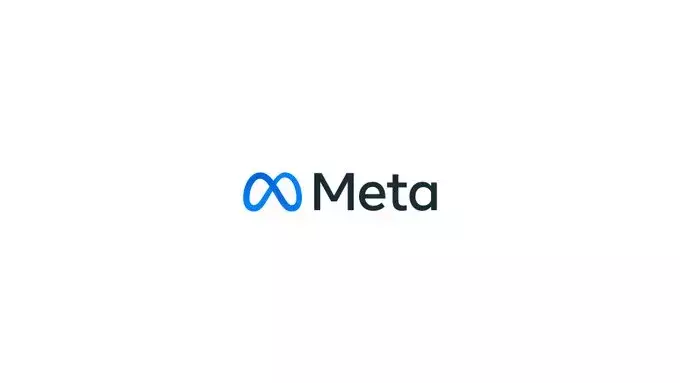The digital landscape is constantly evolving, and platforms like Meta (formerly Facebook) are under continuous scrutiny regarding their policies and user agreements. Recently, Meta announced updates to its Terms of Service and Community Standards, informing users through a colorful in-stream pop-up notice. These updates aim to clarify user responsibilities, enhance language surrounding platform misuse, and further define the handling of personal data, all of which are increasingly important in today’s data-conscious environment.
One of the standout components of Meta’s updates is the revised opening paragraph of the Terms of Service. This now clearly states that by accessing any of Meta’s applications, users are in agreement with the outlined terms. It’s a straightforward reminder of the responsibilities and expectations placed upon users. This rephrasing reflects a fundamental principle in contract law: a person’s agreement to terms is irrevocable once they engage with the service. It’s also important because it emphasizes the need for informed consent, urging users to carefully review agreements rather than simply clicking through without thought.
The emphasis on the contract nature of user interaction is notable. Meta’s updated language explicitly states, “If you do not agree to these Terms, then do not access or use Facebook or the other products and services covered by these Terms.” By elevating this language, Meta aims to eliminate any ambiguity that might have existed regarding consent to the Terms of Service.
Another critical change in the updated terms pertains to the nuanced approach toward data misuse. The document now includes stringent regulations regarding how users can interact with the platform’s data. It specifically prohibits the use of automated means to collect data without explicit permission. This is a noteworthy shift, as it underscores the platform’s position against data scraping and unauthorized access, which have seen legal challenges in the past.
The language surrounding data access has been tightened, with assurances that logged-in status does not permit users to bypass restrictions on data scraping. Such clarification is vital, particularly as it addresses misguided defenses employed in previous legal cases. This shift illustrates Meta’s firm stance on protecting user data and making it clear that any form of unauthorized access is unacceptable, thereby reinforcing the overall integrity of their platform.
The integration of specific terms related to Meta’s Avatar and AI functionalities represents another layer of transparency. As these features become mainstream, users must understand their rights and limitations concerning personal data used in creating avatars or interacting with AI tools.
For instance, if a user uploads selfies to create an avatar, they must recognize that their personal data may be utilized beyond their initial interactions. The terms now explicitly state that the use of Avatars comes under the Avatar Terms, and interaction with AI tools falls under separate Meta AI Terms. Such transparency ensures users are acutely aware of how their data might be used, which enhances trust and accountability.
Moreover, there are implications for third-party interactions, especially when conversations with Meta’s AI tools may be shared with partners like Google or Bing for enhanced functionalities. This aspect highlights the nexus between user privacy, data sharing between platforms, and the commodification of personal information.
Apart from the Terms of Service updates, Meta also announced a consolidation of its Community Standards, which were previously scattered across platforms like Facebook, Messenger, Instagram, and Threads. This merger into one central document aims to create easier access for users, which is a constructive step toward clarity and uniformity.
In an age where misinformation and harmful content can proliferate quickly, having accessible and coherent Community Standards is essential. It empowers users to understand acceptable behaviors across all of Meta’s platforms, fostering a safer and more informed online community.
Meta’s updates to their Terms of Service and Community Standards play a crucial role in establishing a transparent and accountable user environment. By clarifying user agreements, tightening restrictions on data misuse, and emphasizing the rules around new features, Meta sends a clear message about its commitment to protecting user information. The compacting of Community Standards enhances usability and ensures users can easily navigate the platform’s rules, ultimately driving a more informed user base. As users engage with these platforms, it is vital they stay informed about the conditions under which they interact, ensuring a safer and more transparent digital experience.

